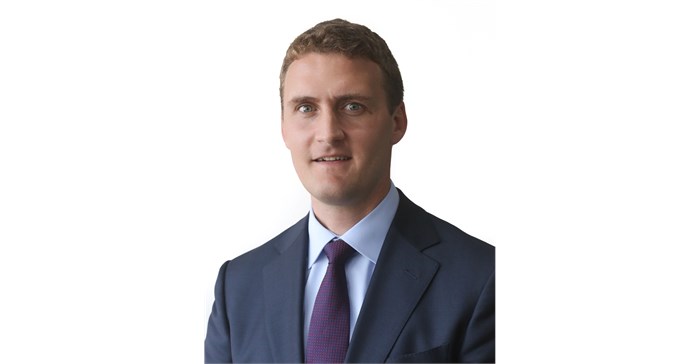Cautious optimism for investors in Africa hotel sector

Speaking at the Africa Hotel Investment Forum in Kigali, Rwanda, Xander Nijnens, senior vice-president, hotels and hospitality group, JLL Sub-Saharan Africa, said: “Our medium-term outlook for the hotel sector is positive and JLL forecasts demand growth of 3% to 5% per annum during the coming three years.
“From an investment perspective, we forecast USD1.7 billion to be invested in hotels in Sub-Saharan Africa in 2017 and a further USD1.9 billion in 2018. The new supply pipeline continues to grow with greater efficiency in realising new developments as the sector matures.”
Nijnens added, “The hotel sector is not, however, without its challenges and we are seeing an increasing divergence of the performance and outlook for key markets. The region offers a broad range of challenges and opportunities, as well as risk and reward. From the perspective of global capital searching for investment opportunities, the region can be a challenging one to navigate.
“Investors and lenders alike are recognising this and, while regional players continue to leverage their first mover advantage to entrench their presence in the sector, global capital will increasingly flow into the region as markets mature and transparency increases.”
Investment fundamentals
Hotel developers and operators are increasingly understanding how to tap into this demand and are offering a broader hospitality offering best suited for each market and client base. This demand growth, paired with more effective matching of supply to demand, sets a good foundation for investment.
Nijnens noted that, “Long-term investment fundamentals for the region remain positive despite the short-term challenges that have impacted the hotel sector in Sub-Saharan Africa in the past two years. Macro-economic development and government policy towards tourism, investment and economic growth remain critical in a corporate demand-led sector.”
The main barrier to entry in Sub-Saharan Africa, according to the research, is finding projects that meet the minimum return threshold. The capital is available, but investors are seeking the right leveraging to achieve their equity returns.
Lack of foreign currency ranked higher this year as investors struggle to deal with various currency factors. Improvements in political, economic and currency stability will see a reduction in the risk premium placed on hotel investment in the region, which will in turn increase capital flows. Development costs should reduce in the medium-term as development professionals, owners and lenders gain experience in the region. As the pipeline of new projects is more effectively implemented, liquidity will increase and exit options will improve.
Lenders in the region are more cautious towards the hotel sector than their clients, particularly with regard to underwriting operational cash flows in what is seen as an emerging sector.
Nijnens concludes, “For the foreseeable future, we can expect commercial bank lending to be determined on the basis of recourse to the sponsor, while the development banks will play a critical role in pioneering new frontiers. As institutional investment increases, lending is expected to become more readily available at improved terms, which will in turn provide better leverage returns on equity.”
Investors who carefully consider the supply and demand variables of the markets in which they develop and transact are well placed to generate high risk adjusted returns. Those who are able to establish platforms with scale should be increasingly well placed to attract external capital or become an acquisition prospect for larger global players.
The diverse set of fundamentals in each market is becoming integral to the way in which investors and lenders approach the sector, with a region-wide approach becoming increasingly challenging. The research promotes the view that investors should embrace the diversity that these markets bring, but most importantly understand the variety and nuances of these markets.
Source: African Press Organisation

APO is the sole press release wire in Africa, and the global leader in media relations related to Africa. With headquarters in Dakar, Senegal, APO owns a media database of over 150,000 contacts and the main Africa-related news online community.
Go to: www.bizcommunity.com/PressOffice.aspx?cn=apogroup





